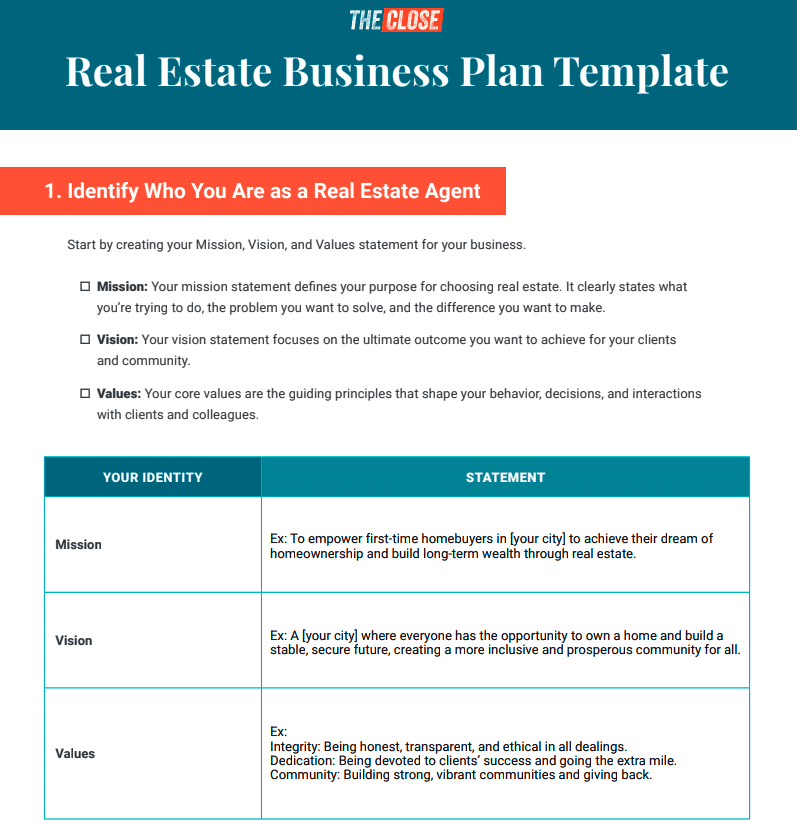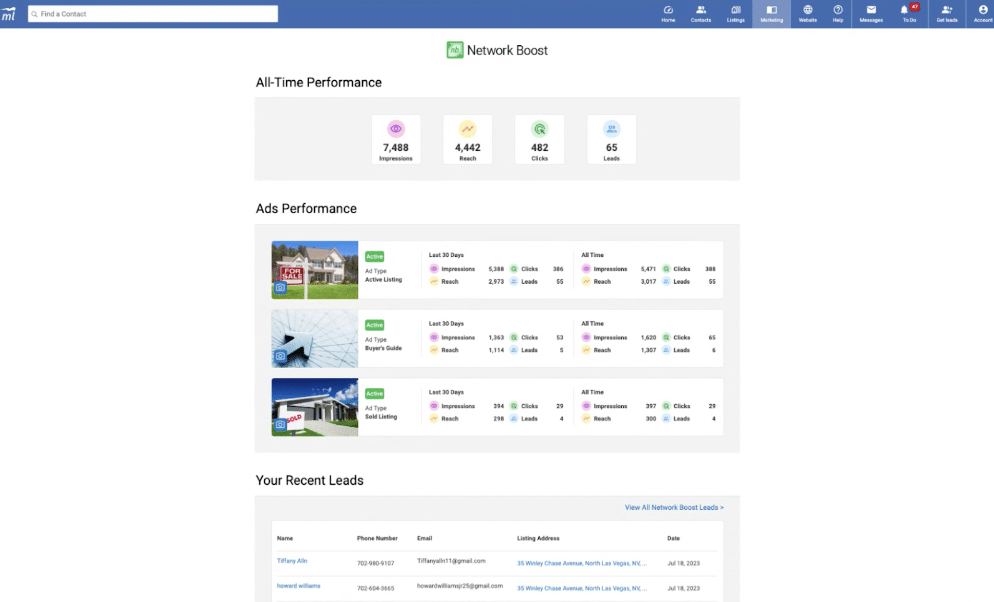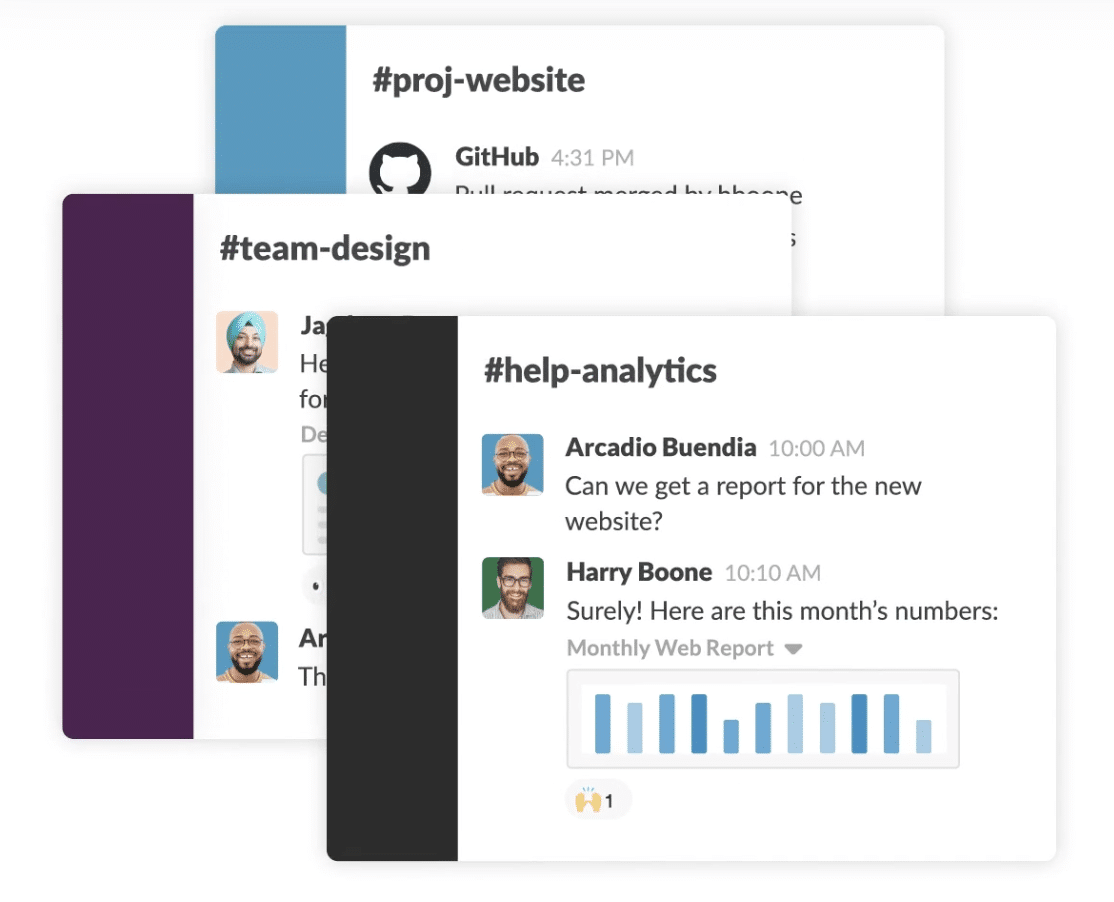Real estate teams can offer numerous advantages for agents, from increased support and resources to the potential for higher earnings. Additionally, building a successful real estate team involves careful planning and execution. In this introduction, we’ll explore the benefits of real estate teams for agents and outline a 7-step process on how to build a real estate team while highlighting the mistakes to avoid along the way. Let’s dive in and uncover the valuable insights that can help you thrive in the real estate industry.
What Is a Real Estate Team?
Before I get into how to build a real estate team, you need to know what a team is all about. A real estate team is a group of agents and employees with complementary skill sets that join to close more deals.

Teams come in all shapes and sizes—ranging from a duo of experienced agents who work side by side to close deals together to a single licensed agent with multiple unlicensed assistants to a dozen or more buyer’s agents, listing agents, and inside sales associates. How you structure your team is entirely up to you and depends on your business needs. However, you need to review the pros and cons to decide if it’s right for you.
Pros | Cons |
|---|---|
|
|
|
|
|
|
|
|
Steps of How to Build a Real Estate Team
Now that you know what a real estate team is and its advantages and disadvantages, it’s time to learn how to put it together. Before starting your quest to dominate your real estate market with a team, you need a plan. Here are the step-by-step instructions on how to build a real estate team and run it successfully.
Step 1: Get Approval & Guidance From Your Managing Broker
Even though real estate teams are legal in all 50 states, you must still talk to your broker to ensure you know the rules on how to start a real estate team. You’ll also need a split and cap agreement to know how much money you can count on from each transaction to pay your team and cover your expenses. You can renegotiate with your broker as your team grows and becomes more successful.
Why Managing Brokers Love Teams
Are you worried about whether your managing broker will approve your team? Don’t be. Leadership typically encourages agents to start teams. Why? Teams require less hands-on management and usually recruit and train junior agents independently. This means less work for your boss, not more. Also, if you come to your broker with a detailed plan for your team, they’re more likely to take you seriously and offer help getting your team off the ground.
Step 2: Choose the Right Team Structure
Once you get the green light from your managing broker, the next step is to decide how your team will be structured. Here is a quick overview of our three favorite team structures to get you started.
If you love training new agents and work at a brokerage that offers revenue sharing, the mentor-mentee model might be your best bet. In this model, team leaders recruit, train, and mentor new agents to generate their own leads. Unlike other structures, agent retention is not the goal here. Instead, you mentor them until they are ready to build your downline. Since you won’t have to reach into your pocket to generate leads for your agents, costs are low, which means better splits and less work recruiting new agents.
Drawbacks of the Mentor-Mentee Model
- Time-consuming: You will spend almost all your time recruiting and training new agents.
- Constant recruitment: If you’re not a skilled recruiter or dislike having a new face in your office every other month, this model might not suit you.
To build a strong personal brand and use it as the main focus of your team, consider the team leader model. This model functions like a unique real estate group, with the team leader’s brand as the focal point instead of a group brand. As the team leader, you’ll be the primary agent for listing properties and bring in other listing agents, showing agents, and support staff to help your business.
Drawbacks of the Team Leader Model
- More expensive: Requires support staff, making it more costly to start and run.
- Personal brand reliant: Since your brand drives this model, it won’t work well unless you have a solid brand and an established reputation in your farm area.
If you have the cash to burn, a strong business background, and thrive on organization and systems, the lead team model is for you. You’ll operate more like a startup’s founder than a real estate agent team leader. Instead of generating leads for everyone else, a business manager oversees a marketing manager, and a team of inside sales agents fills your customer relationship manager (CRM) with fresh leads. Those leads are then fed to listing agents and showing agents, who close them with the help of a transaction coordinator.
Drawbacks of the Lead Team Model
- Can be expensive: Requires significant financial investment.
- Employee salaries: These must be paid regardless of market conditions.
- Capital: Not suitable for businesses without sufficient capital to withstand economic downturns.
Step 3: Develop a Business Plan & Budget

When overseeing a real estate team’s operations, it’s essential to recognize the unique aspects compared to managing a solo real estate business. A comprehensive real estate business plan outlining your requirements, financial considerations, and strategies for utilizing the generated revenue is crucial for success.
The real estate team business plan must include the following items:
- Mission, vision, and values
- Detailed overview of the team’s organizational structure
- Roles and responsibilities of team members
- Strategies for effective team communication and collaboration
- Conducting a SWOT analysis and setting SMART goals
- Lead generation and client conversion strategies tailored to a team-based approach
- Client relationship management and nurturing strategies
- Comprehensive marketing plan for both team and individual agent branding
- Scalability plans include expanding, hiring, and training new team members
- Financial plan reflecting revenue-sharing model, budget allocations, and profit-sharing arrangements
Step 4: Decide on a Compensation Model
When working in real estate teams, the commission is usually split among team members. Junior agents typically receive 40% to 50%, and team leaders get 60% to 75%. Teams often have a cap of around 90% of the collective cap of a group of licensed agents of the same size. It’s important to be generous when attracting high-quality agents; adjustments can be made as your team grows.
Wondering how much you’ll take home after sealing the deal? Use our handy calculator to find out! Just provide the details below, and we’ll automatically calculate your commission.
- Sale price of home: The amount of money the buyer agrees to pay for the seller’s home.
- Percent of the commission collected by an agent from the sale: The percentage of the sale price you are collecting at the close of the transaction.
- Agent commission split with brokerage: Your commission rate is agreed upon between you and your brokerage.
Equation 1: Sale Price of the Home X Percentage of Commission Collected by Agent from Sale = Total Commission Amount Before Splits
Example: $400,000 X 3% = $12,000
Equation 2: Agent Commission Split With Brokerage X Total Commission Amount Before Splits = Money for Agent
Example: 70% X $12,000 = $8,400
Equation 3: Money for Agent – Total Commission Amount Before Splits = Money for Brokerage
Example: $12,000 – $8,400 = $3,600
Step 5: Build Your Technology & Communications Stack
Remember, the tools you choose can significantly impact your team’s success. The right software helps attract new team members and reduces stress and confusion. I’ve selected some top team tools and software specifically designed to help teams. They will allow you to start with just two team members and add more as your team grows.
Marketing: Coffee & Contracts

Want to run the team leader model but can’t afford to hire a marketing manager? Coffee & Contracts is your new secret weapon. They offer beautifully designed social media and print templates that make everyone think you hired a $100,000-a-year marketing manager.
Lead Generation: Market Leader

If you need a steady stream of seller leads without the hassles of running your platform, then Market Leader is for you. Their exclusive seller leads come from housevalues.com, one of the internet’s most efficient lead capture websites. All you need to do is sign up and start qualifying your leads.
Communication: Slack

Want to escape the drudgery of digging through your inbox just to follow up on conversations with your team? Slack, a business group messaging platform, is the 21st-century method innovative teams use to communicate. No more lost emails or scrolling through endless email chains to find that one disclosure file.
Step 6: Hire an Administrative Assistant
If you want to set your team up for success, your first hire should be an administrative assistant. Having an administrative assistant on your team can be an attractive lure for recruiting junior agents. This person’s primary responsibility is to take work off the plate of the team leader or other licensed team members so that they can focus on the real estate-specific tasks that drive new client relationships and closed deals.
This work includes things like the following:
- Filing
- Calendar coordination and scheduling
- Communication that doesn’t include real estate-specific advice or strategy
- Light marketing tasks
- Errands
- Sign placement
- Marketing material delivery
- General office organization
The ideal candidate for this position is organized, helpful, and solutions-oriented. They see a problem that needs fixing or a chance to increase the efficiency of a daily routine and fix it without being told to. This role is generally entry-level, so real estate experience isn’t necessary here. But it is helpful, especially if you’re a top producer with a lot of volume.
📌 Pro Tip
If you’re short on cash or just want to maximize your ROI, consider hiring an overseas virtual administrative assistant. Since administrative work for real estate agents is a common need, you can easily find someone in the Philippines with direct experience working with real estate agents.
Step 7: Build Out the Rest of Your Team
Once your team starts closing more deals than your agents can handle, it’s time to scale and recruit for your team. While the team model you choose will determine who you should hire next, here is the general order we recommend for most teams.
Buyer’s Agent | A licensed real estate professional who works exclusively with house hunters. When you reach the point where you have more buyers than you have time, a buyer’s agent is the right hire. |
|
Transaction Coordinator | A transaction coordinator is a professional who helps with real estate sales. They work for real estate agents or property sellers to manage tasks and paperwork for closing deals. |
|
Listing Specialist | A listing specialist is an agent who specializes in listing properties. As your business grows, you might need to add another listing agent to your team to handle the increasing listing presentation requests. |
|
Marketing Specialist | A marketing specialist is responsible for envisioning, designing, and executing a marketing strategy for your real estate team. Their work includes branding, lead generation, referral generation, and property marketing. |
|
An inside sales agent's primary responsibility is to create new leads through outbound communication, qualify incoming leads, and pass opportunities on to other team members for nurturing and closing. |
|
Critical Mistakes New Team Leaders Make
Now that you have a better idea of how to set your team up for success let’s examine some common missteps that bright-eyed and bushy-tailed new team leaders make and how to avoid them.
- Mistake #1: Not embracing the platinum rule: “Do unto others as you would have them do unto you.”
- Do this instead: Great leaders embrace the Platinum Rule, popularized by authors Michael O’Connor and Tony Alessandra: “Treat people how they want to be treated.” You must also commit to knowing your people well enough to understand exactly what that means.
- Mistake #2: Not providing consistent guidance, direction, or accountability.
- Do this instead: People in our industry join teams and organizations because they want to be a part of something, and they want to be led. So, if you intend to be a great leader, you must be accessible, highly communicative, and model the high-minded behavior you expect from them.
- Mistake #3: Not helping your people or team members develop to their full potential.
- Do this instead: Consult with each team member and create an individualized growth plan. Where do their interests lie? What skills and proficiencies can be improved over the next quarter and year? What impact could this have on their performance and your profitability? Be prepared to identify the people, platforms, courses, and resources to make it happen—and to invest the resources.
- Mistake #4: Failing to respect other people’s boundaries.
- Do this instead: Great leaders embrace their people and honor what’s important to them. Your team members want balance, which comes from boundaries. Pay attention to how you spend your time and what your people observe you do. Be willing to share your challenges and desire to make positive, impactful changes. Reinforce their boundaries and balance, and seek a peer group to do the same for you.
- Mistake #5: Not recognizing a job well done.
- Do this instead: While it’s easy and maybe even second nature for leaders to identify what someone is doing wrong, you’ll be better respected and earn greater loyalty when you pay attention to what your people are doing right. So praise them, thank them, surprise and delight them, and be the leader others love to work with.
- Mistake #6: Making big, business-impacting decisions without consulting those you lead or other team members.
- Do this instead: If you’re a smart leader, you’ll ask for suggestions, consider their opinions, and include them in your decision-making process. If you don’t, things can go terribly wrong.
- Mistake #7: Micromanaging and expecting perfection from your team.
- Do this instead: Tell your team what you want and let them do their work. Trust them and talk to each other. Everyone is good at different things, so listen when they tell you stuff. Don’t watch them all the time. Help them when they need it. This will make work better for everyone.
📌 Pro Tip
Good people don’t leave good jobs. They leave lousy leaders.
FAQs
What is a real estate teamerage?
A teamerage is a real estate brokerage managed and run more like a team than a traditional one. Think of it as a smaller, more collaborative alternative to a boutique brokerage. For many agents, teamerages offer the best of both worlds. They get the training, support staff, higher splits, and independence of a traditional brokerage and the one-on-one mentorship provided by team leaders.
I’m a new agent. Should I join a real estate team or a teamerage?
If there are teamerages in your market and you have at least a year of experience, we recommend joining a teamerage over a team. In a teamerage, you will have more opportunities to build your brand and generate leads without the hassle of leaving your current team or finding a new brokerage.
What qualifications do I need to start a real estate team?
You can start a real estate team as a licensed real estate professional. Most teams are started by agents or associate brokers who have reached the business limit they can do themselves because they’ve got more leads than they can serve on their own.
However, teams are also started by agents or brokers who want to diversify the services they can offer their clients (for example, by bringing on a commercial specialist or an agent who specializes in rental management) or agents who want to help bring down their operating costs by sharing them across a group.
How do real estate team members get paid?
The team leader determines the compensation model for a real estate team. Some team members (like real estate assistants or marketing specialists) are typically salaried or paid by the hour since their positions don’t require a real estate license or their work doesn’t directly result in closed deals. Licensed team members, like the team leader, buyer’s agent, or listing specialist, typically get paid exclusively by commission.
Bringing It All Together
Building a real estate team is a fantastic way for successful agents to scale up their business and for new agents to break into the industry and learn from seasoned pros. Are you a part of a real estate team? What advice would you give to agents wondering how to start up a squad or choose a company to work for? Tell us in the comments below.








